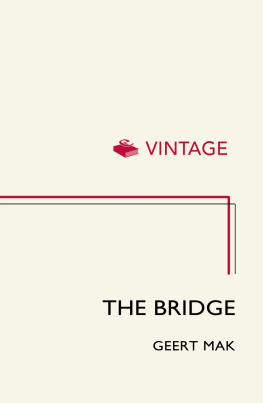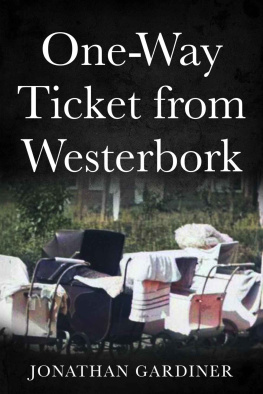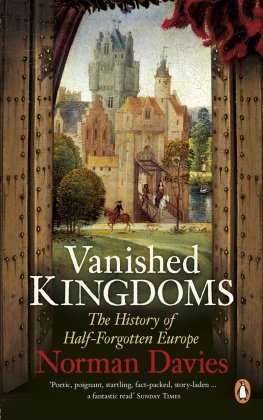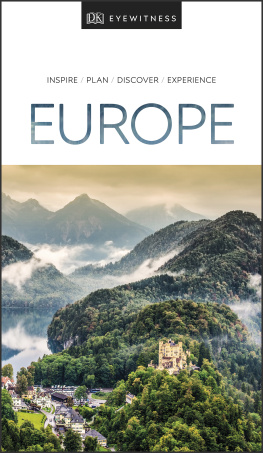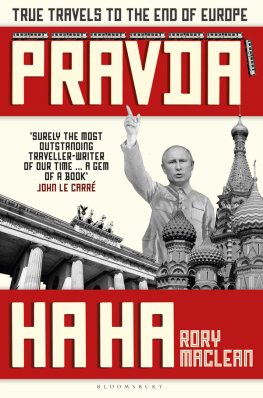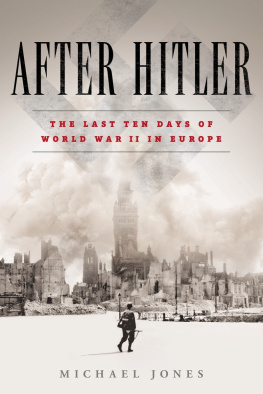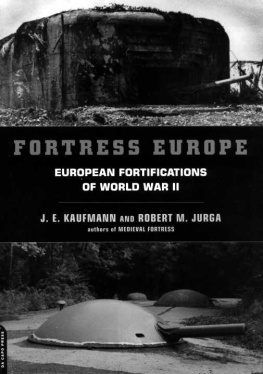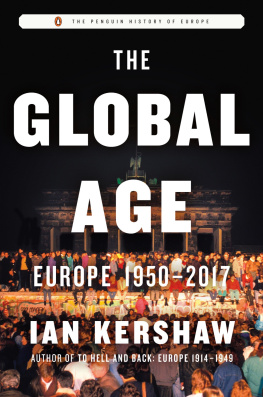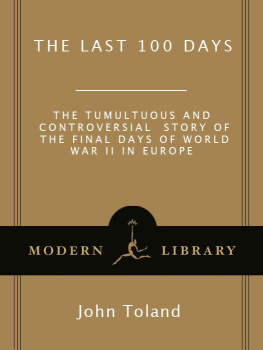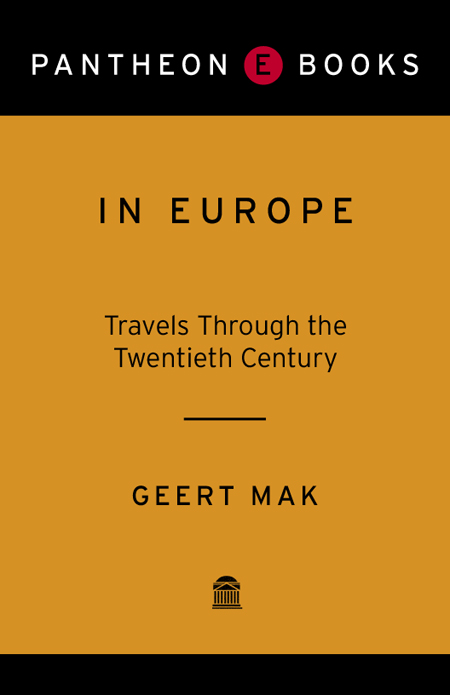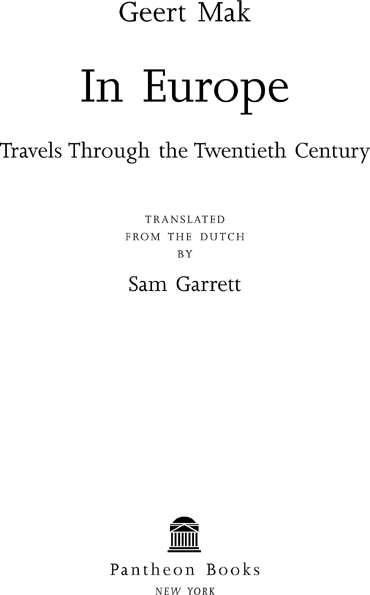A man sets out to chart the world. Through the years, he peoples a space with images of provinces, kingdoms, mountains, bays, ships, islands, fishes, rooms, tools, stars, horses and people. Shortly before his death he discovers that the patient labyrinth of lines traces the images of his own face.
Prologue
NO ONE IN THE VILLAGE HAD EVER SEEN THE SEA EXCEPT FOR THE DUTCH PEOPLE , the mayor and Jsef Puszka, who had been there during the war. The houses were built along a little brook; a handful of yellowed, crumbling farms, green gardens, bright apple trees, two little churches, old willows and oaks, wooden fences, chickens, dogs, children, Hungarians, Swabians, Gypsies.
The storks had left by now. Their nests lay silent and empty atop the chimneys. The summer was in afterglow, the mayor sweated as he cut back the municipal grass. There was not a mechanical sound to be heard: only voices, a dog, a rooster, a gaggle of geese overhead, a wooden wagon creaking down the road, the mayor's scythe. Later in the afternoon the ovens were lit; a thin blue veil of smoke floated across the rooftops. Now and then a pig squealed.
These were the final months of the millennium, and I was travelling back and forth through Europe for one year. The paper I worked for, the NRC Handelsblad, had commissioned me to do so, and my pieces appeared each day in the bottom right-hand corner of the front page. It was to be a sort of final inspection: what shape was the continent in, here at the conclusion of the twentieth century? At the same time, it was to be a historical journey: I would follow, as far as possible, the course of history, in search of the traces it had left behind. I did indeed find the silent witnesses, dozens of them: an overgrown crater on the Somme, a machine-gunned doorpost in Berlin's Oranienburger Strasse, a snowy forest outside Vilnius, a newspaper archive in Munich, a hillside near Barcelona, a small red and white sandal at Auschwitz. This journey also had something to do with me. I needed to get out, to cross borders, to find out what it meant, that misty term Europe.
Europe, as I saw in the course of that year, is a continent in which one can easily travel back and forth through time. All the different stages of the twentieth century are being lived, or relived, somewhere. Aboard Istanbul's ferries it is always 1948. In Lisbon it is forever 1956. At the Gare de Lyon in Paris, the year is 2020. In Budapest, the young men wear our fathers' faces.
In this southern Hungarian village of Vsrosbc, time had stopped in 1925. Around two hundred people lived there in 1999. A quarter of them or more were Gypsies. They lived off their meagre unemployment benefits about sixty euros a month and the women went door to door selling baskets and nondescript wares. Their homes were falling apart, the doors were lengths of cloth, and sometimes even the frames had disappeared, stoked for warmth during a cold winter.
Even poorer were the Rumanian Gypsies, who showed up in the village occasionally in their wooden caravans. And poorer than poor were the wandering Albanian Gypsies. They were, in fact, the pariahs among the community of the poor, the absolute rock bottom of the European barrel.
I was staying with friends. They had moved into the house of the village barber, Jsef Puszka, after he died. In the attic they had found a little notebook full of pencil scratches from spring 1945, and the names of places like lborg, Lbeck, Stuttgart and Berlin. Someone had deciphered a few lines of it for my friends:
In the prisoner of war camp, Hagenau. Oh, my God, I have no one in this world. When I get back, there may not even be a girl left for me in the village. I'm like a little bird chirping far away. No dear mother to look after that little bird. Oh, my God, please help me get home, to my father and mother. So far from my country, such a long walk away from everyone.
In the middle of the village, along a muddy path, I stumbled upon a weathered block of concrete, a humble monument, decorated with the figure of something like a knight, and two dates 1914 and 1918 at the top. Below that, thirty-six names, thirty-six boys, enough to fill the village caf.
1999 was the year of the euro, of the general proliferation of the mobile phone, of Internet for all and sundry, of bridges bombed at Novi Sad, of jubilant stock markets in Amsterdam and London, of the hottest September in living memory, of the fear that the millennium bug would drive all computers crazy on 1 January.
In Vsrosbc, 1999 was the last year the ragman made his rounds with horse and cart. I had the good fortune of being there on that historic day: he had bought himself a truck. That same spring, four unemployed Gypsies had begun work paving yet another stretch of the sandy road, perhaps even with a layer of tarmac this time. And the bell-ringer was sacked; he had stolen a pension cheque that belonged to the mayor's mother. That, too, was 1999.
In the caf I met them all: the mayor, Crazy Maria, the toothless man (also known as the Spy), the village lush, the Gypsies, the postman's wife who lived with her cow. There was no getting around being introduced to the veteran, a big friendly man in a camouflage outfit who kept his nightmares at bay with alcohol and dubious toadstools. He spoke French, everyone said, but the only word of it I ever heard him utter was Marseille.
Later that same evening, the new bell-ringer and the man who collected the rubbish sang songs from long ago, and everyone beat out the rhythm on the tables:
We laboured in the forest,
High upon the crack of dawn
With the day still full of foggy dew
We worked among the fallen trunks,
High on the slopes, the horses strained
and:
We worked on the railroad from Budapest to Pcs
The bright new blinking railroad
Blasted through rock, the tunnel at Pcs
Travelling across Europe, all those months, had been like peeling off layers of old paint. More than ever I realised how, generation upon generation, a shell of distance and alienation had developed between Eastern and Western Europeans.
Do we Europeans have a common history? Of course, everyone can rattle their way down the list: Roman Empire, Renaissance, Reformation, Enlightenment, 1914, 1945, 1989. But then one need only look at the enormous differences in the way that history has been experienced by individual Europeans: the older Polish truck driver I spoke to, who had been forced four times in his life to learn a new language; the German couple, bombed out of their home and then endlessly driven from place to place throughout Eastern Europe; the Basque family that fell apart one Christmas Eve arguing about the Spanish Civil War, and never spoke to each other again; the serene satisfaction of the Dutch, the Danes and the Swedes, who have usually avoided catching the full brunt of History. Put a group of Russians, Germans, Britons, Czechs and Spaniards at one table and have them recite their family histories: they are worlds unto themselves. Yet, even so, it is all Europe.


